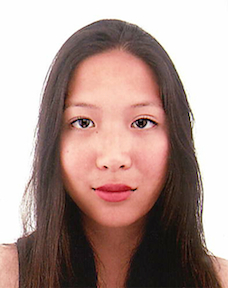
Katie, an Applied Psychology student, was interested in a career as a Psychological Wellbeing Practitioner but recognised the competitive environment of this career path. Katie had also considered a career with related Charities such as Headway. Through the Career Mentor Scheme, Katie was matched with a Clinical Psychologist for Birmingham and Solihull Mental Health NHS Foundation Trust. This mentor has a vast employment history of working in Psychology, including roles in child learning, psychological interventions, and group work on depression.
“It was really nice just being able to talk to somebody who had been in my exact position before”
Katie achieved all of her objectives including identifying key skills that are required for the job that she didn’t necessarily have experience demonstrating, received academic support and received support to improve her CV.
What were the highlights of the scheme?
It was really nice just being able to talk to somebody who had been in my exact position before, and the routes they took to get to where they are today. My mentor was very good at replying and offered to help me in the future.
What did you find most useful from the mentoring experience?
Insight into chosen profession and what it consists of on a daily basis
What message would you give to a student thinking of applying for the Career Mentor Scheme?
Do it, but make sure you pick someone whose career will be useful to you no matter what. Be aware of what you want from the scheme and set goals.







